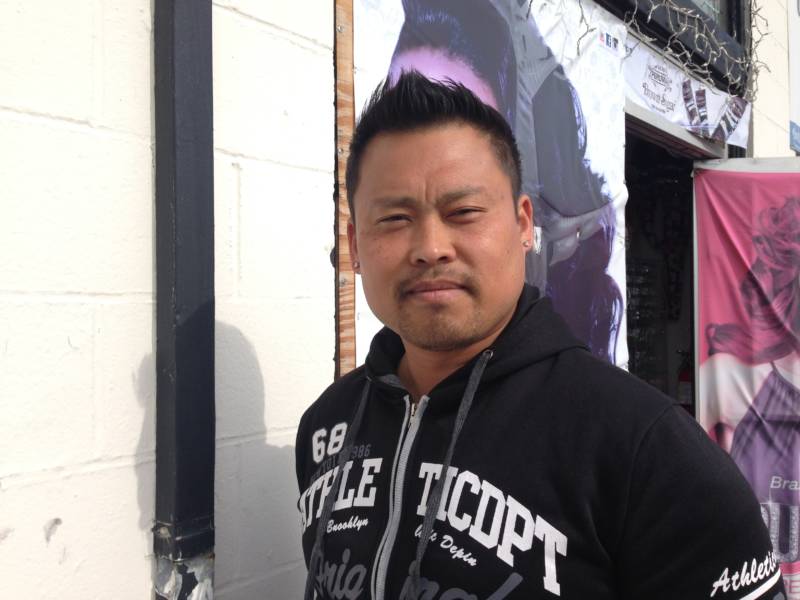Shortly after his arrest, Kim found out he qualified for Contra Costa's pretrial release program. The county had launched it in March 2014 as a way to reduce its jail population. It’s funded by state money aimed at mitigating the effects of a 2011 law that moved low-level felons from state prisons to county jails.
The pretrial release program uses a risk assessment tool to determine whether a defendant can be released on bail. The tool assesses nine factors, including criminal history, employment and drug use. Research shows these factors can predict a person’s likelihood of committing another crime or failing to show up for court.
The tool scores defendants on a scale from one to 10. The higher the defendant’s score, the higher his or her risk. A judge makes the final decision on whether to release an individual and what terms to place on his or her release.
Kim qualified for the program because, although he had battled drug addiction, he was employed and had no history of violence. He was released from jail without having to post money bail, but he had to agree to regular drug tests and check in with a pretrial services officer.
Diablo Byrd, who used to be a probation officer, now works as a pretrial services officer. He says his new clients often have a lot in common with his old clients, with one exception.
“They’re defendants," Byrd said. "They’re innocent until proven guilty, so you’re not necessarily going to arrest somebody who comes up dirty on a drug test initially. You probably would provide them services, notify the court of their status and play it by ear.”
Jay Kim believes that without pretrial services, he’d probably still be in jail. He credited the program for enabling him to keep his job, rebuild his relationship with his family and hire a lawyer — who helped him get probation for the old drug case.
“And as a result of that, here I am successful, moving forward with my life,” Kim said. “Being clean for over two years is quite an accomplishment. I’ve got my trust back from my family.”
So far, Contra Costa's pretrial services program seems to be working. Ninety percent of those who qualify appear at their court dates, and 96 percent don’t commit a new offense, according to the county's Probation Department.
But only a third of people who are assessed qualify, and judges can overrule the pretrial recommendation, which they do in about 30 percent of cases.
Steve Austin, presiding judge for Contra Costa Superior Court, says judges like risk assessment as a tool, but they need to be able to use their discretion.
“You need somebody there who’s actually got an eye and has a feel and an experience in the area to know what to do,” he said. “Because you’re talking about things that are very, very important. There are life safety issues when you release somebody.”
Contra Costa County officials plan to expand the pretrial services program slowly. Advocacy groups say they hope such programs will lead to bigger changes across the state, making detention before trial the exception rather than the rule.
